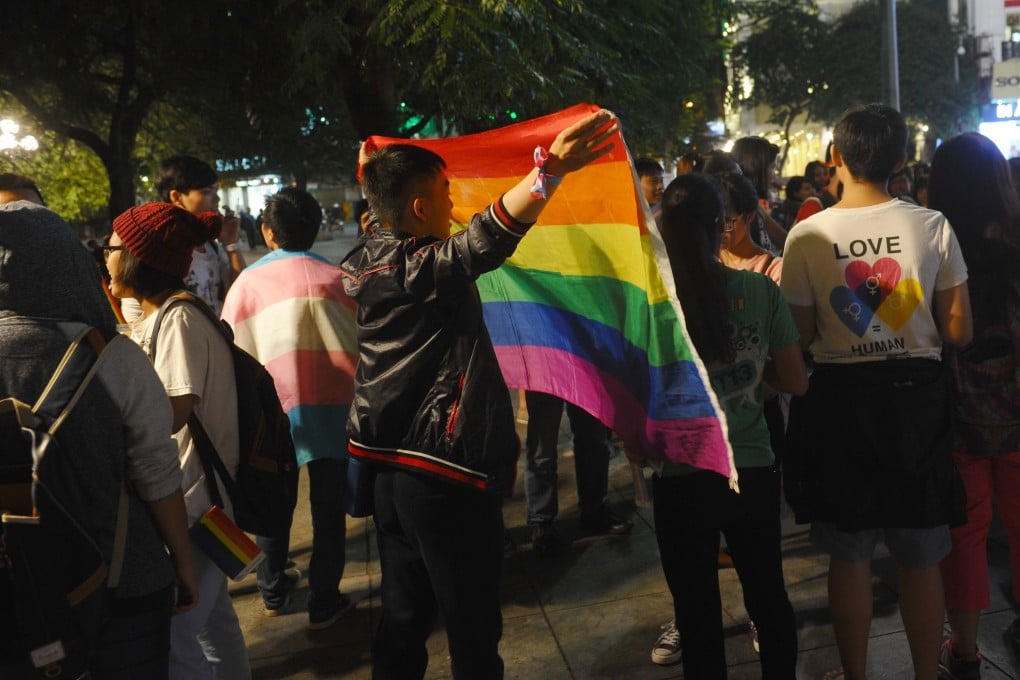LGBT rights: Vietnam recognises transgender people, but there’s a flaw in its law
- In 2015, the country enacted a widely celebrated law enshrining rights for transgender people, making it one of Asia’s most progressive countries
- But the bill to enforce that law has still not been passed, continuing the legal and medical confusion as well as discrimination faced by the community

“Ever since I was a little boy, I knew deep down that I am a girl,” said Van, a transgender woman, at a public talk about transgender medical needs at the United States Consulate in Ho Chi Minh City last week.
“I didn’t have enough money to hire a middleman to guide me there, only for the surgery and travel-related costs. Everyone had somebody picking them up after the surgery, I was all alone,” Van said.
I went to several hospitals but they all refused to help me, explaining that they didn’t understand the surgery
After leaving the hospital, the after-effects of the anaesthesia and the sharp pain she experienced caused her to vomit and collapse on the street. Luckily, passers-by helped her up and escorted her back to her hotel.

At the time of her convalescence, there were no public hospitals that dealt with trans medical issues or the LGBTI community at large. It was not until January this year that the first – and currently only – public medical facility for trans people was opened in Ho Chi Minh City, according to local media reports.